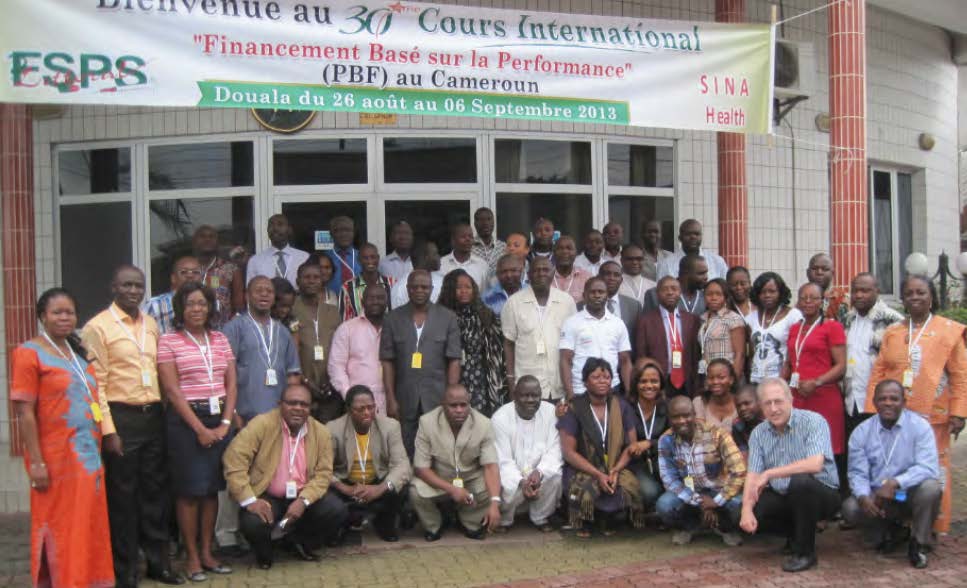The 30th PBF course finished the 6th of September 2013.
The main message of this course to the Community of Practice PBF is that the autonomy of health facilities needs to be defended. This is based on the theories of microeconomics and systems analysis. A health facility, being an economic actor and a component in a complex system, is in the best position to make spending decisions on which problems to solve or on which opportunities to capitalise. This allows health facilities to succeed but also to fail. Failure will be sanctioned either by replacing managers (mainly in government facilities) or by health facilities to disappear (mainly in the private sector). We would like to warn against the traditional reflex of authorities to apply all kind of financial rules and procedures that will reduce such decision rights. Regulators should set standards to which public or private health facility must adhere and assure that the indices management tools are being applied. Moreover, the accreditation process will separate those facilities, which succeed, and those who fail. This has clearly been shown in Douala town where 30 out of 40 PBF contracts are taken by the private sector. Evaluations and data from Douala show that this first urban PBF project worldwide has contributed to a dramatic improvement of the health services.
The 5 participants from Congo Brazzaville proposed to include more “pure” PBF elements in their national design. The UNICEF DRC group has proposed to introduce PBF in the UNICEF-supported interventions in the DRC. The group of senior executives of the Central African Republic has developed an ambitious and courageous action that seeks to apply the PBF approach also in the emergency humanitarian strategy. The group from Burkina Faso impressed everybody by their PBF knowledge and their confidence that PBF is already a reality at national and peripheral levels. The East Region of Cameroon also sent participants that are implementing PBF at primary and secondary schools. Their presence has deepened the discussions during the course.
It also became clear that there are concerns with the PBF health reforms in Cameroon. In how far will government really support PBF? Despite several positive declarations concerning PBF best practices, the Ministry of Health also sends contradicting signals such as that health facilities are forced to deposit their revenues in the tax revenue authority bank accounts instead of simply paying taxes over staff remunerations. This puts doubt in the mind of managers in how far they should continue to transparently declare their revenues. Another problem is that human resource policies remain highly centralised and do not provide confidence that an equitable distribution of staff will become a reality. PBF indicators and their subsidies are not yet harmonised at the MOH level among the four regions. These issues need fixing.



